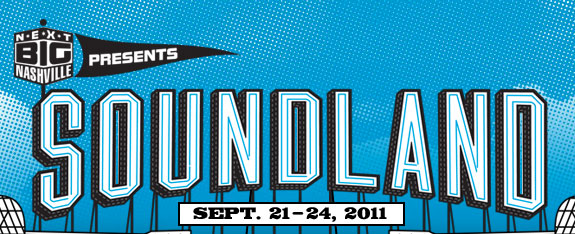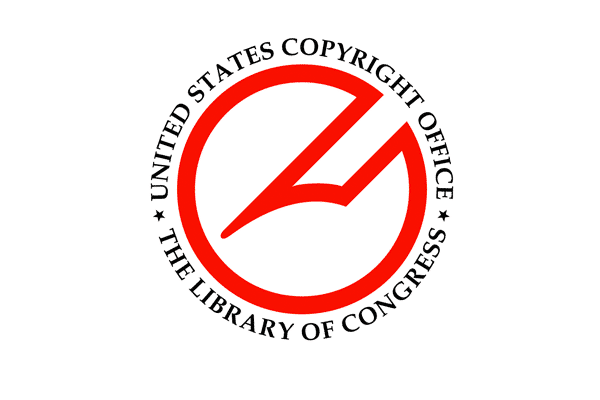Videos by American Songwriter
On Thursday at the Grammy/NARAS building in Nashville, Denise Stevens and Tiffany Dunn, both Senior Counsel for the Nashville-based Loeb & Loeb, LLP, introduced a panel on copyright termination issues. The panel was one of SoundLand’s special “field trips.”
The nuanced issues discussed have come to the forefront of music industry concern, with the upcoming January 1, 2013 date where artists will be eligible to reclaim the rights to sound recordings created after 1978.
In 1972, sound recordings were first added to copyright law, before being handled under general law. In a 1978 revision to copyright law, a provision was made that after 35 years original “authors” would be granted termination rights, ending labels’ control of master recordings.
The debate being prepared by both sides – artists and labels – has centered over the “works for hire” provision of copyright law. Record labels will try to prove that artists were employees, essentially creating works for hire for the label, which would make the sound recording ineligible for termination.
Gary Haber, of Haber Corporation, said that labels will have a tough time proving that artists were employees, not independent contractors. Such things as health benefits and how artists were paid by labels in the late ‘70s and ‘80s will be weighed.
Steve King of Word Records said that the “employee for hire” language didn’t exist as much in ‘70s record contracts, adding, “Nobody even remembers 35 years back.”
Another important issue in the termination rights debate is what “author” actually means in terms of sound recordings. Some will argue that anyone involved in the studio recording –- producer, engineer, and musicians -– will have equal claim to a master recording, with shares being divided equally as well.
While both sides will face off in 2013, the important thing, Stevens stressed, was for artists to file as soon as possible with their termination claims. Claims must be filed two years prior to the date an artist hopes to regain their rights. Artists have a five-year window – starting when their recording reaches the 35-year mark – to file a claim, after which they lose the rights to reclaim. (Recordings made prior to 1978 are not eligible for the 35-year termination clause.)
King said that “chaos” will likely be the result, as artists and other “authors” vie for control with labels. King said he also worried what might ensue if recording artists steeped in ‘70s and ‘80s music industry practices gained control of old recordings, joking that some artists might take a reel-to-reel copy of their 1978 single back to today’s radio programmers.














Leave a Reply
Only members can comment. Become a member. Already a member? Log in.